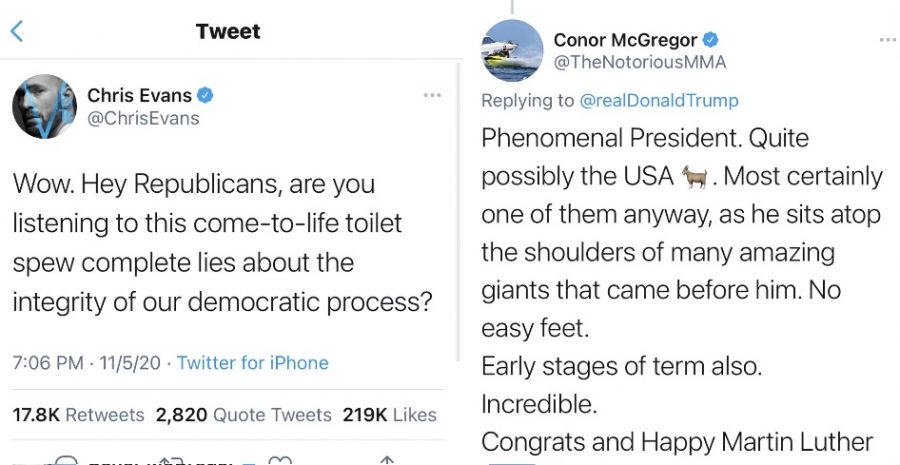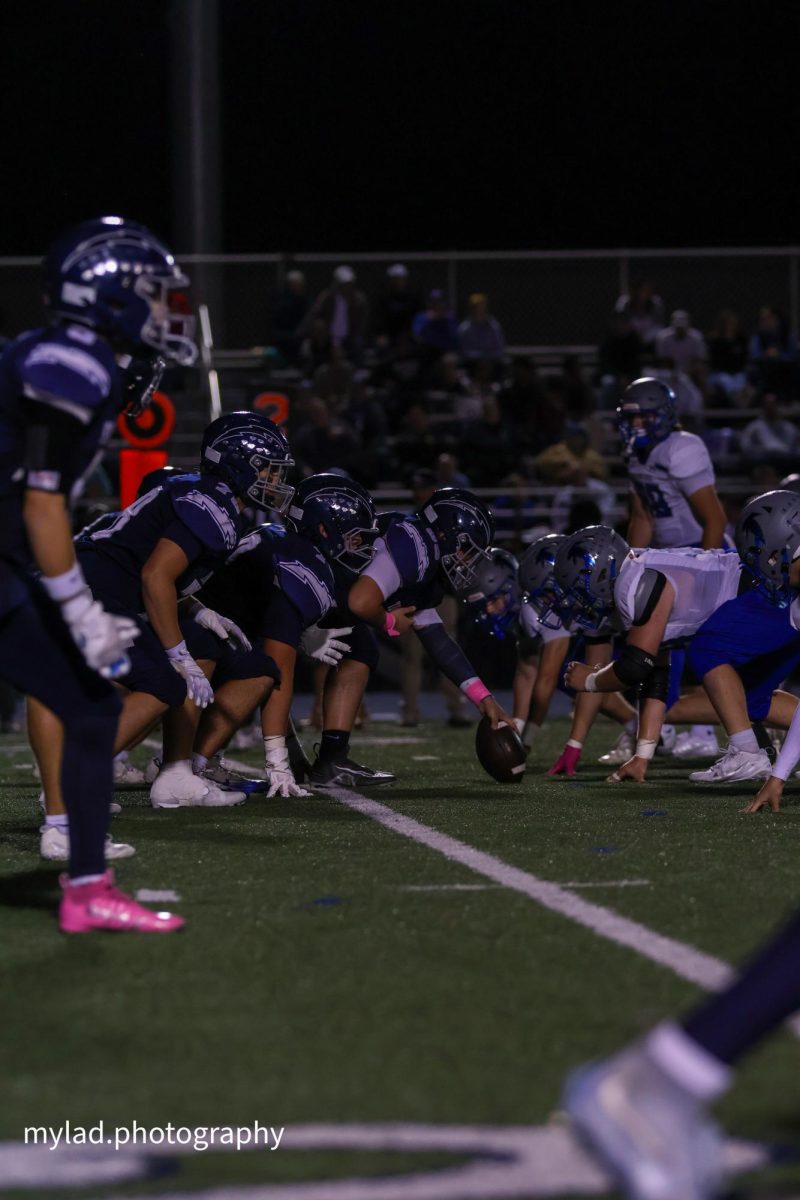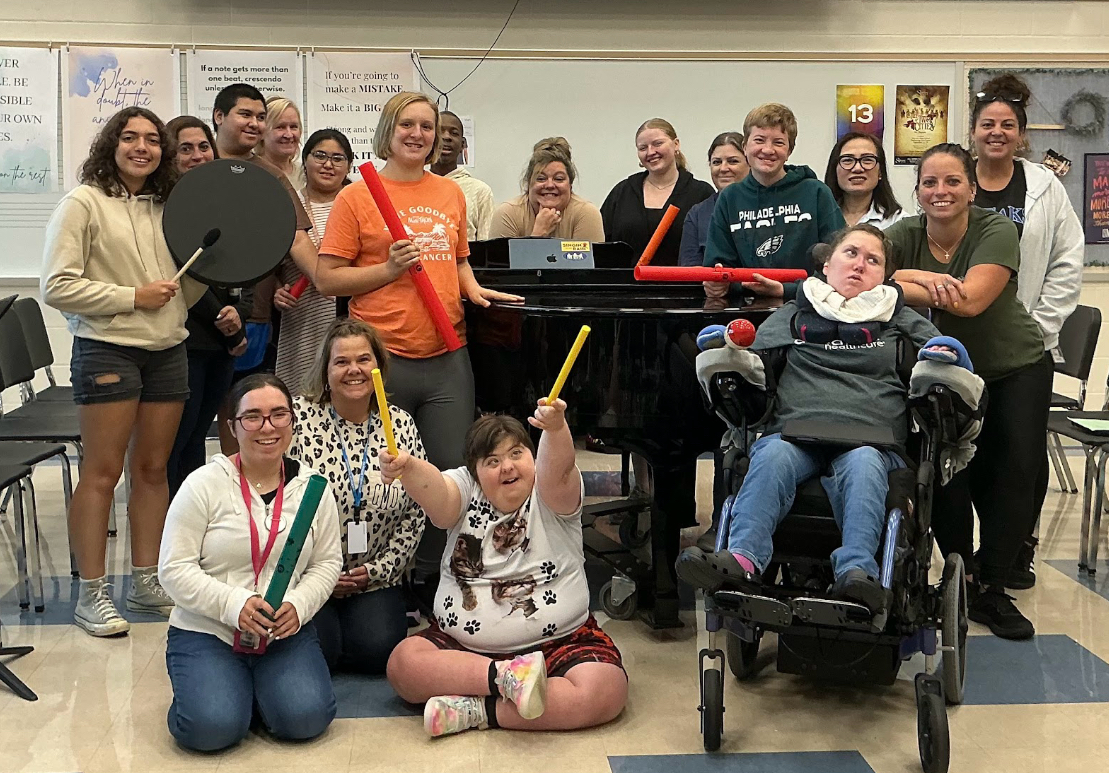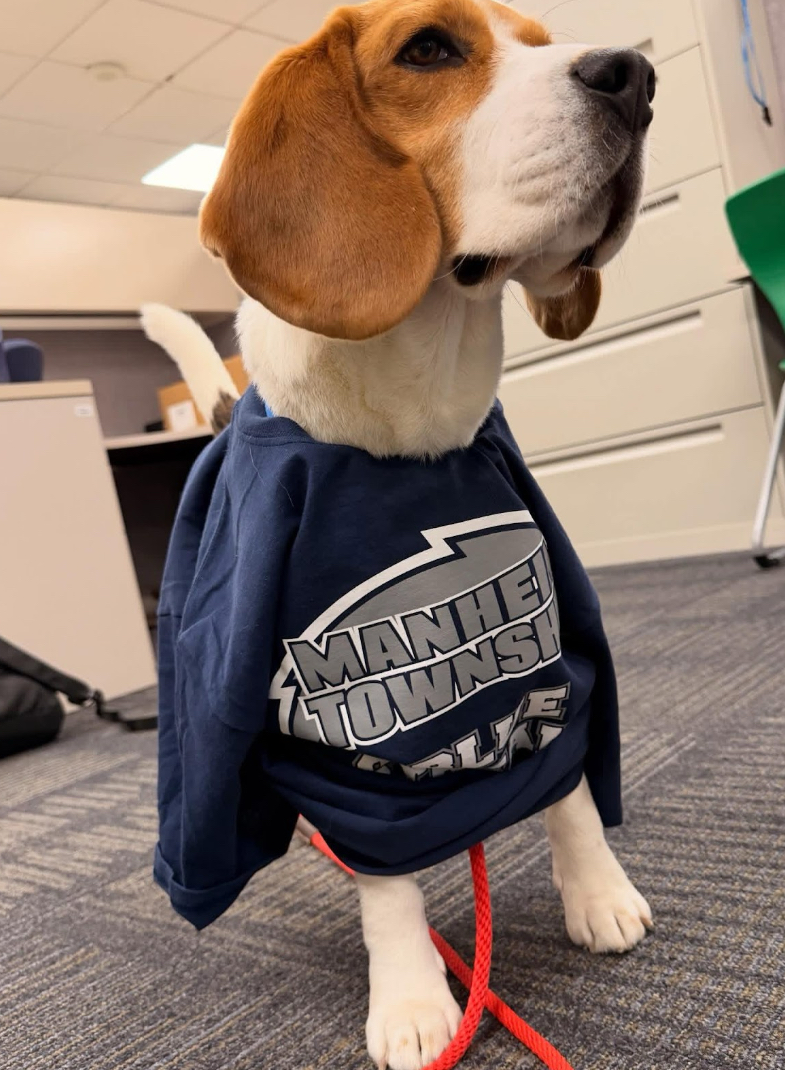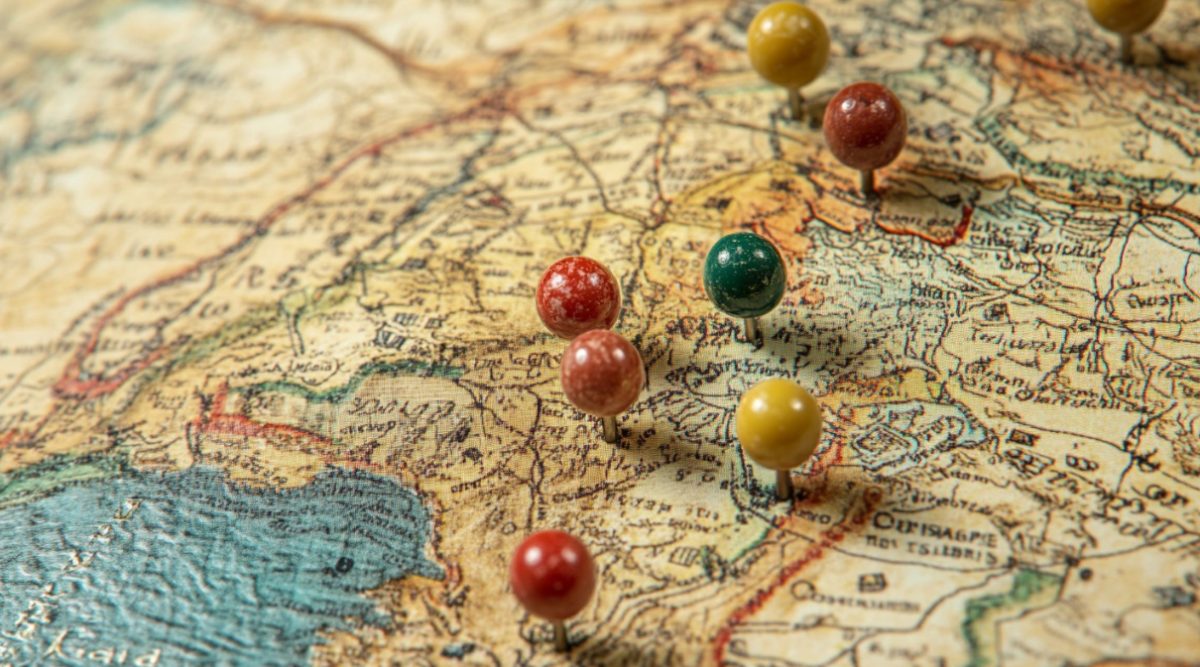Celebrity, social media, and politics
Left: Actor Chris Evans expresses his frustration with Republicans. Right: Irish Wrestler Conor McGregor praises President Trump.
January 14, 2021
Access to advanced technology means that communicating with others is easier than ever before. Breaking news can be accessed within a matter of seconds. This access brings promising resources to help improve lives but also poses a threat to users’ health and well being. Specifically, adolescents with access to technology often get exposed to web pages and social media posts prematurely; and these online sources pose a threat to the future of our society when kids form opinions based on their favorite celebrity’s liking or disliking. Celebrities, who’ve always played a role in influencing others, now have to manage an even greater role. Communication with their fans has improved a lot since the upstart of 80s rock bands, and because of more accessible communication, celebrities now need to be more careful than ever about what they say on social media, especially regarding their political beliefs.
Under the First Amendment, individuals hold the right to their freedom of speech. And in recent years, that speech is often expressed in the form of a Tweet or an Instagram post. While these social media outlets are a useful tool, especially for expressing creative ideas and interests, celebrities who have millions of followers hold a lot of influence, especially over their younger fans. The question then becomes, should celebrities be restricted from what they post? With such a significant influence over impressionable audiences, it is not unreasonable to want celebrities to be cautious of what they post and to take into consideration the influence that their opinions have on their fans. Platforms on social media come with great responsibility. A large part of this responsibility is for influencers to be aware of their impact on others.
According to the American Academy of Child and Adolescent Psychiatry, 90 percent of teens ages 13-17 have used social media. These teenagers are still young and impressionable, and many are heavily influenced by their favorite athletes or singers. It is likely that a teen will agree with what his celebrity idol posts on his Twitter account on the basis of that celebrity’s status rather than reviewing facts themselves.
Junior Marissa Macrina said she found separating her own beliefs from those of her favorite celebrities to be a challenge: “From my experience, it can sometimes be difficult to separate my own beliefs from those of celebrities online. Like when someone I follow posts something, sometimes I have to take a moment to think, ‘Do I agree with what this person’s saying, or do I just want to agree because I support their movies, music, etc.’” It is clear that young people are influenced by what their favorite celebrities post online, whether they realize it or not.
Some students, however, strongly believe that celebrities’ decisions to express their political views should have no influence on the opinions of their followers. Junior William Orr says, “The entire point of when celebrities endorse someone or mention their political beliefs is not overall meant to shift anyone’s views, rather to open people’s eyes that even celebrities know that voting matters and they are just raising awareness that you should vote because I guess we see them as like authoritative figures.”
The issue is not to blame one group of people over the other. It is just as important for celebrities to be cautious of what they post as it is for fans to conduct proper research on their own.
Actor Chris Evans is a notable celebrity who is not shy of expressing his political opinions on Twitter. His tweet regarding the most recent presidential election received more than 219 thousand likes and over 20 thousand retweets. The tweet read: “Wow. Hey Republicans, are you listening to this come-to-life toilet spew complete lies about the integrity of our democratic process?”
Despite such transparent expressions, Evans cares much more about his followers becoming informed in the process of politics and voting as a whole. He is one of the creators of a video-based civic engagement platform called A Starting Point (ASP). According to their website, “ASP’s mission is to create a bipartisan channel of communication and connectivity between Americans and their elected officials with the goal of creating a more informed electorate.” Evans is taking a step in utilizing his platform to encourage people to research on their own, not to just listen to the opinions of Twitter influencers.
Evans is not the only outspoken celebrity on the Twitter platform. Irish Mixed Martial Artist Conor McGregor tweeted his opinion on President Trump in January of 2020: “Phenomenal President … he sits atop the shoulders of many amazing giants that came before him.” McGregor’s tweet received over 115 thousand likes demonstrating the shared beliefs and potential influence McGregor has over Twitter users.
As the question continues to arise of whether or not celebrities should express their political views, individuals need to be reminded that celebrities are people too. Regardless of their status, they have the right to express their opinions as much as anyone else. Many celebrities use their platforms for good, encouraging users to vote and research topics on their own. It is not a celebrity’s obligation to inform their followers of the most recent news in politics.
Finding a balance between expressing your opinions and being aware of your audience, however, is prudent for the wellbeing of our society. As social media platforms continue to expand, false information can easily be spread and users can form opinions based on false claims. Continuing to remain well informed is of utmost important to individuals in our society, celebrity status or not. And politics continue to be a pertinent issue, maintaining this media literacy is in the best interests of everyone.


